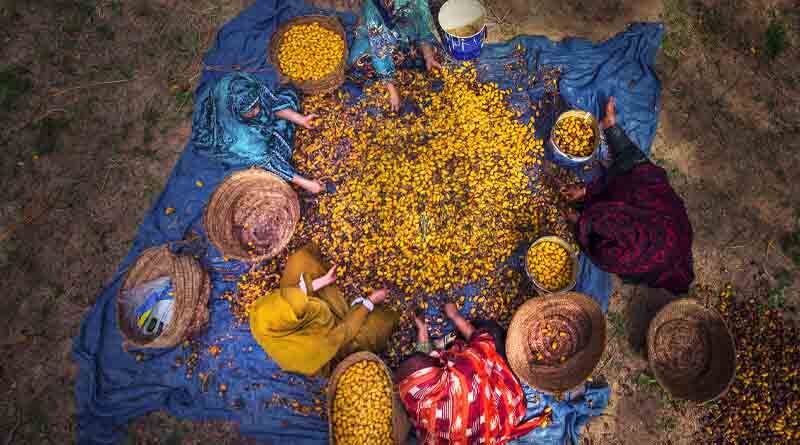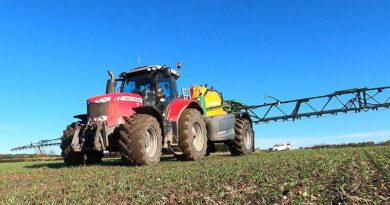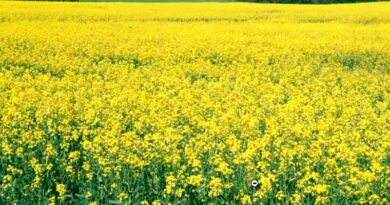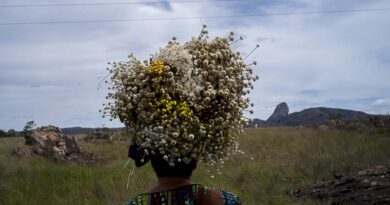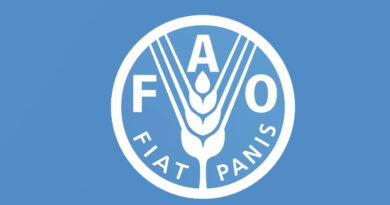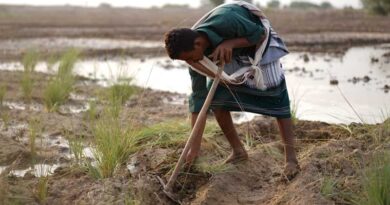FAO’s Globally Important Agricultural Heritage Systems (GIAHS) mark 20th anniversary
28 October 2022, Rome: The Food and Agriculture Organization of the United Nations’ (FAO) flagship programme of Globally Important Agricultural Heritage Systems (GIAHS) today celebrated its 20th anniversary, highlighting its role in promoting sustainable agriculture and revitalizing the rural communities who are responsible for feeding a significant proportion of the earth’s population.
The virtual celebrations were addressed by Ministers from Japan, Peru, United Republic of Tanzania and Tunisia, as well as senior officials and Ambassadors from other GIAHS countries across the world. Also participating, were technical experts who exchanged experiences and innovative solutions implemented by GIAHS communities on environmental issues and sustainable rural development.
“This pioneering initiative pays tribute to unique landscapes, agro-biodiversity, traditional knowledge and culture around the world,” FAO Director-General QU Dongyu said in his message. Amid the multiple challenges faced by rural communities, “the GIAHS programme looks to boost livelihoods of small-scale farmers, promote agro-tourism alongside local products and cultures, to conserve biodiversity, create green agro-jobs and empower women and youth.”
He continued: “None of this could have been achieved alone,” and he expressed appreciation to the supporting FAO Members and donor countries including China, Italy, Japan and Spain.
During the session, FAO launched the digital publication “TWENTY YEARS of Globally Important Agricultural Heritage Systems – Success stories of dynamic conservation for sustainable rural development”, an innovative, interactive document that aims to celebrate the achievements of the programme and pay tribute to designated GIAHS around the world.
Additionally, during the event, a variety of digital material representing GIAHS sites showcased GIAHS communities, their livelihoods, traditional agricultural practices and innovative solutions, bringing the participants from all around the world closer to field experiences and raising awareness about their importance.
Thousands of years of heritage in two decades
The initiative was launched at the 2002 World Summit on Sustainable Development in Johannesburg, in response to global trends undermining family farming and traditional agricultural systems. It was subsequently granted the status of FAO Corporate Programme, through a Resolution of the 39th FAO Conference in 2015, to recognize that these systems are still providing food and securing livelihood for rural communities in many countries of the world. The GIAHS programme aims to safeguard and value their traditional knowledge and the resilience of their applied agricultural practices by promoting dynamic conservation and ensuring the sustainable development of these unique agro-ecosystems.
To date, the programme counts nearly 70 GIAHS in 22 countries, with an additional 20 proposals under evaluation.
GIAHS candidate areas must meet five selection criteria established by an independent Scientific Advisory Group, and in turn are able to benefit from GIAHS’ role in revitalizing rural communities and promoting rural development.
GIAHS are outstanding examples of adaptation to challenges and constraints, while shaping incredible landscapes and maintaining a harmonious relationship with nature. This has resulted in an accumulation of experience over generations, an increasing range and depth of knowledge and a complex and diverse range of closely integrated livelihood activities.
GIAHS has recently become a wide network, proving to be an effective model for collaboration at all levels, with appropriate local governance systems, while attracting international and national partners, projects, twinning programmes, and actions to increase visibility and support farmers on the ground.
Also Read: List of pesticides restricted and banned for use in Agriculture in India
(For Latest Agriculture News & Updates, follow Krishak Jagat on Google News)

